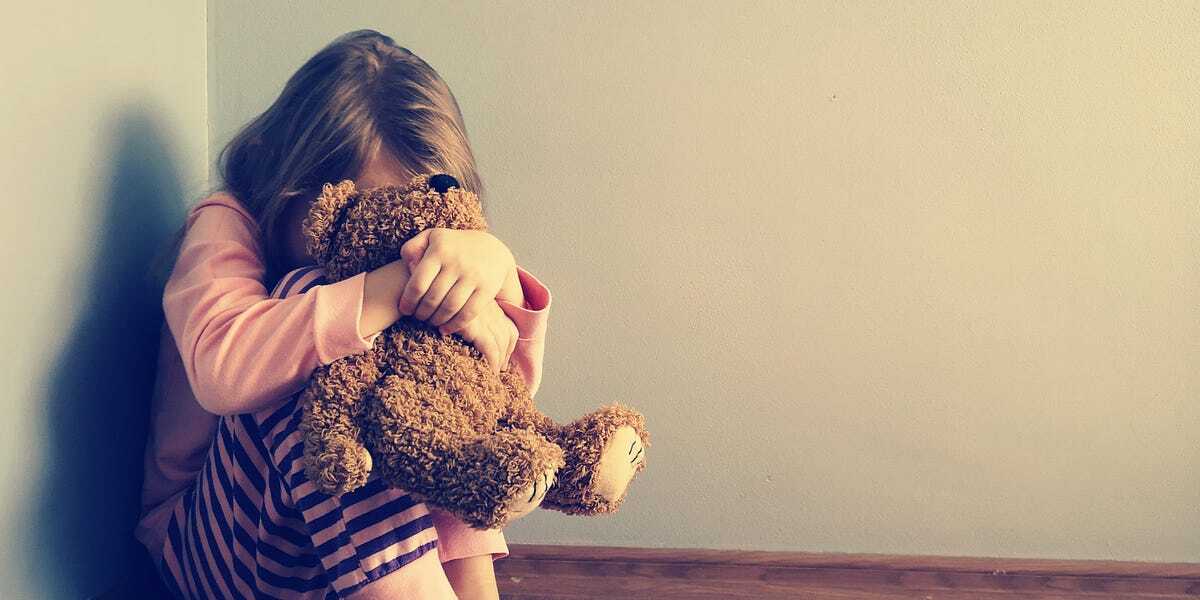Jeanne Marrazzo, new leader of the National Institute of Allergy and Infectious Diseases, everyone:
Can I make a quick digression? We recently had a long Covid [research] meeting where we had about 200 people, in person. And we can’t mandate mask-wearing, because it’s federal property. But there was a fair amount of disturbance that we couldn’t, and people weren’t wearing masks, and one person accused us of committing a microaggression by not wearing masks.
And I take that very seriously. But I thought to myself, it’s more that people just want to live a normal life. We really don’t want to go back. It was so painful. We’re still all traumatized. Let’s be honest about that. None of us are over it.
So there’s not a lot of appetite for raising an alarm, especially if it could be perceived subsequently as a false alarm.
Edit - thanks for the help in bypassing the paywall.



This made me recall an article I read very early in the pandemic. Just found it, and it's a real time capsule: "It’s hard to accept these sudden recommended changes to our routines, and the open-endedness is horrifying—or even worse, the prospect that this could be the new normal, at least until a vaccine is developed." Ahahahahahaha. But the relevant section:
But she goes on to talk about how officials know this, and know how to mitigate it. Well, at one time they did. Now they've given up on that along with any semblance of public health.
Back in the good old days of formites and a panacea vaccine
:jumper-cables: